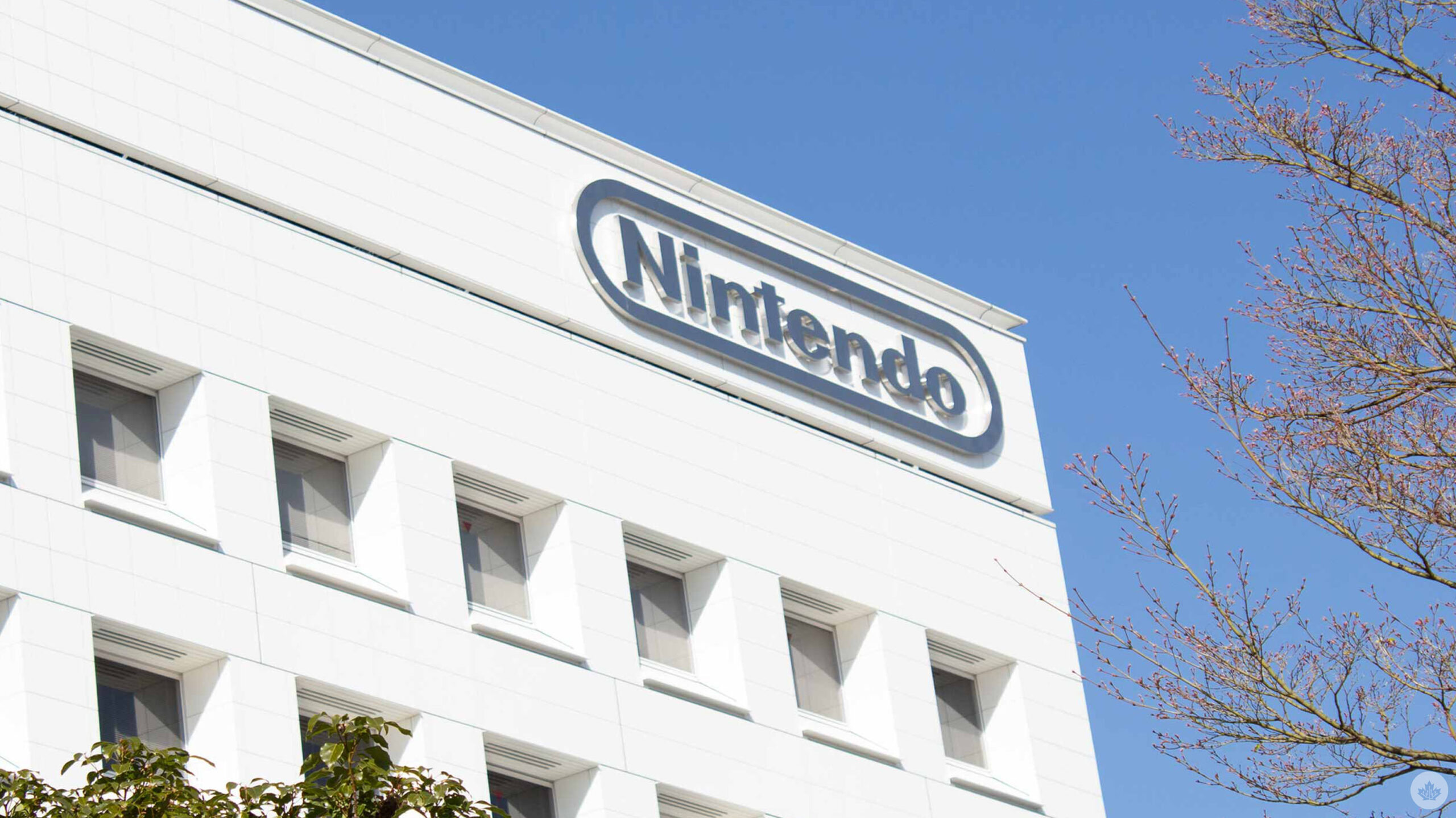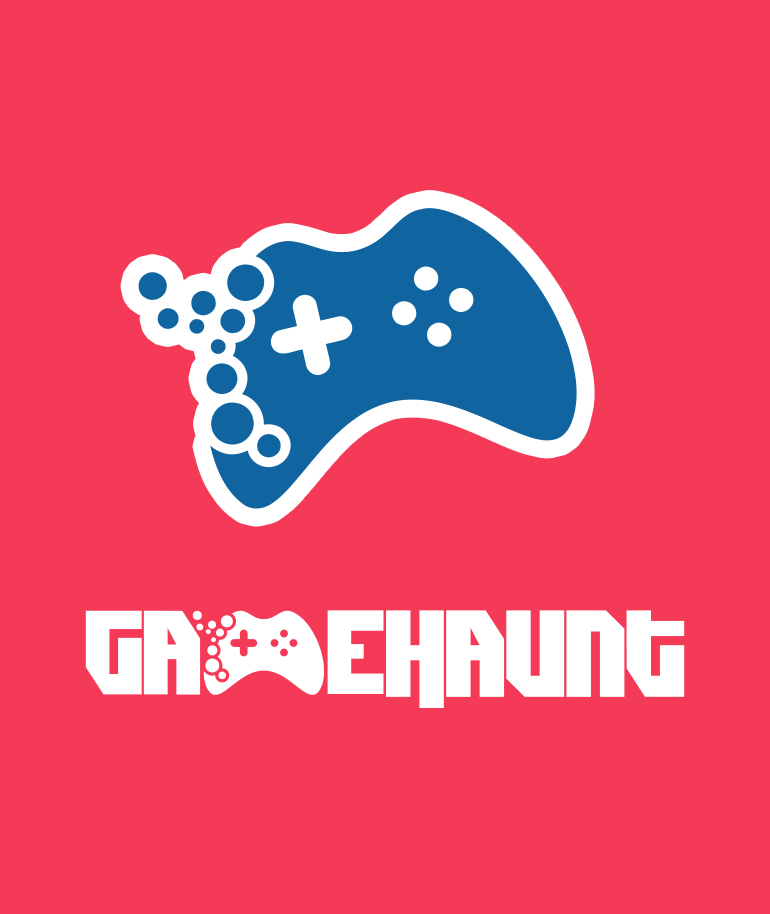Nintendo has made it clear that it has no immediate plans to incorporate generative AI into its first-party game development. In a recent Q&A session with investors, Nintendo President Shuntaro Furukawa expressed skepticism towards the use of generative AI in video games. While acknowledging the potential creativity that generative AI can bring to game development, Furukawa also highlighted concerns over intellectual property rights associated with this technology.
The gaming industry has a long history of utilizing AI for various purposes, particularly in controlling enemy character movements and enhancing gaming experiences. AI plays a crucial role in shaping the behavior of non-player characters and improving elements like lip-syncing in cutscenes. However, concerns have been raised about the potential impact of AI on job opportunities, especially in the gaming industry. Companies like Ubisoft and Nvidia have faced backlash over tech demos showcasing AI-powered NPCs that appear robotic and lack human-like qualities.
Developers have also pointed out that relying on generative AI for tasks like writing dialogue for minor NPCs could deprive entry-level writers of valuable experience. Moreover, issues like AI stealing art or manipulating real images raise ethical and legal concerns that need to be carefully considered. Despite these challenges, Furukawa emphasized Nintendo's commitment to delivering unique gaming experiences that go beyond technological advancements alone.
While Nintendo's stance on generative AI may evolve in the future, the company is currently focused on developing its next-generation console to succeed the popular Nintendo Switch system. A full reveal of the new console is expected before April 2025. Nintendo's cautious approach to embracing generative AI reflects its dedication to maintaining the quality and integrity of its games in a rapidly evolving technological landscape.





